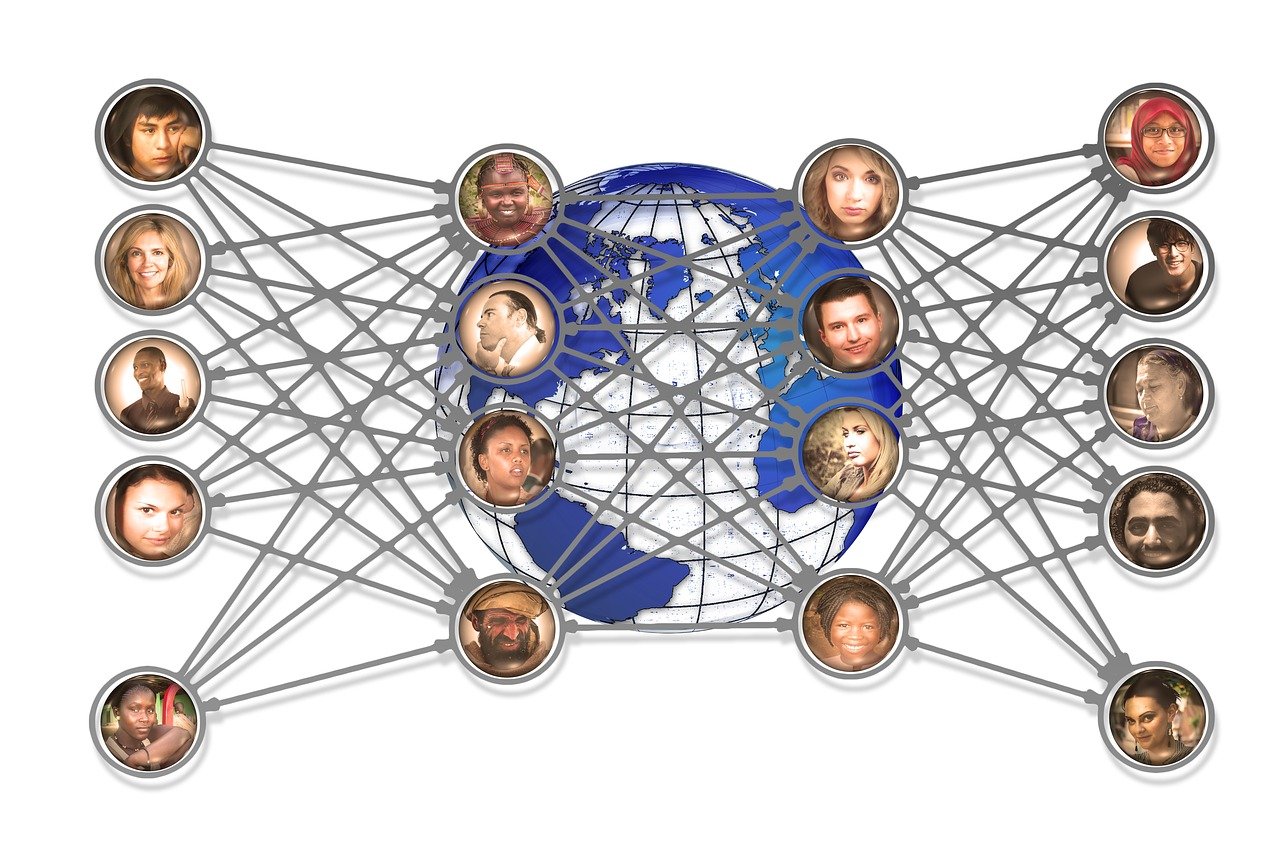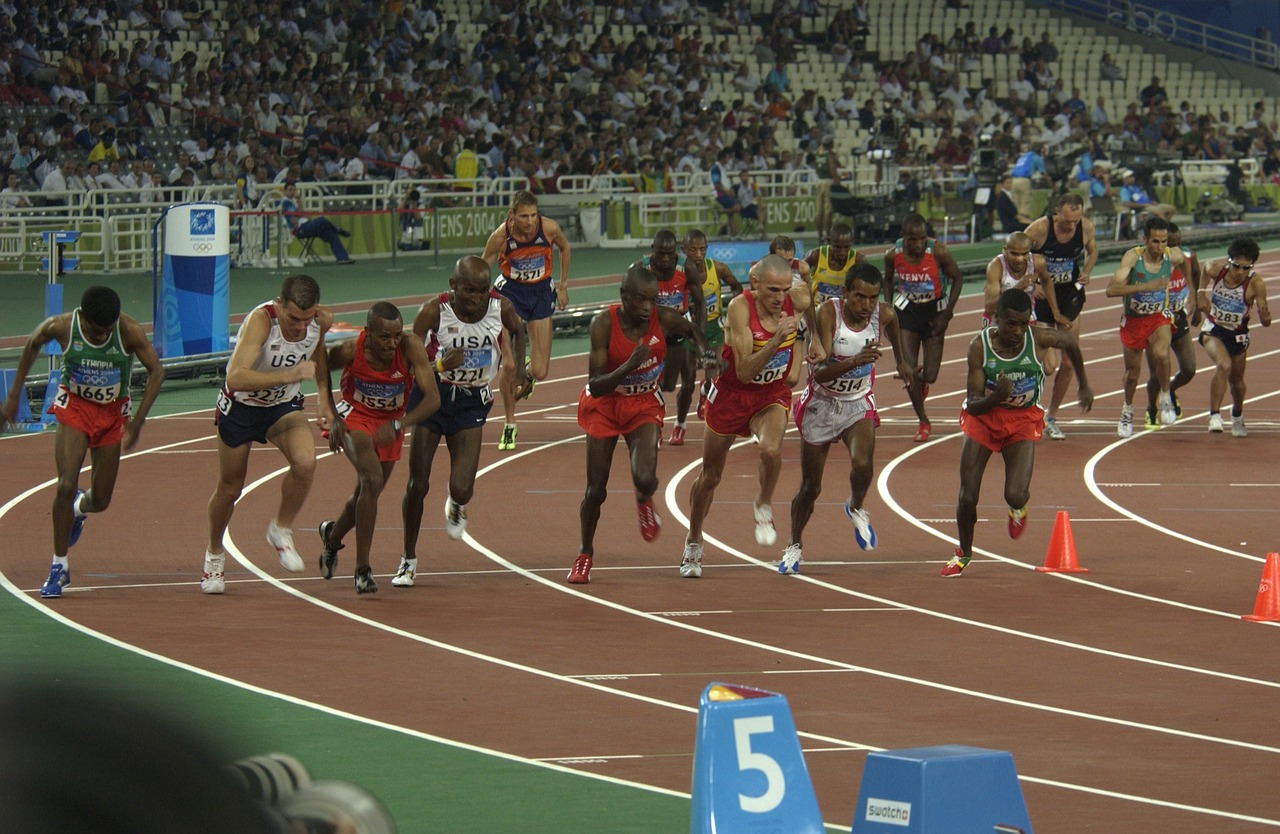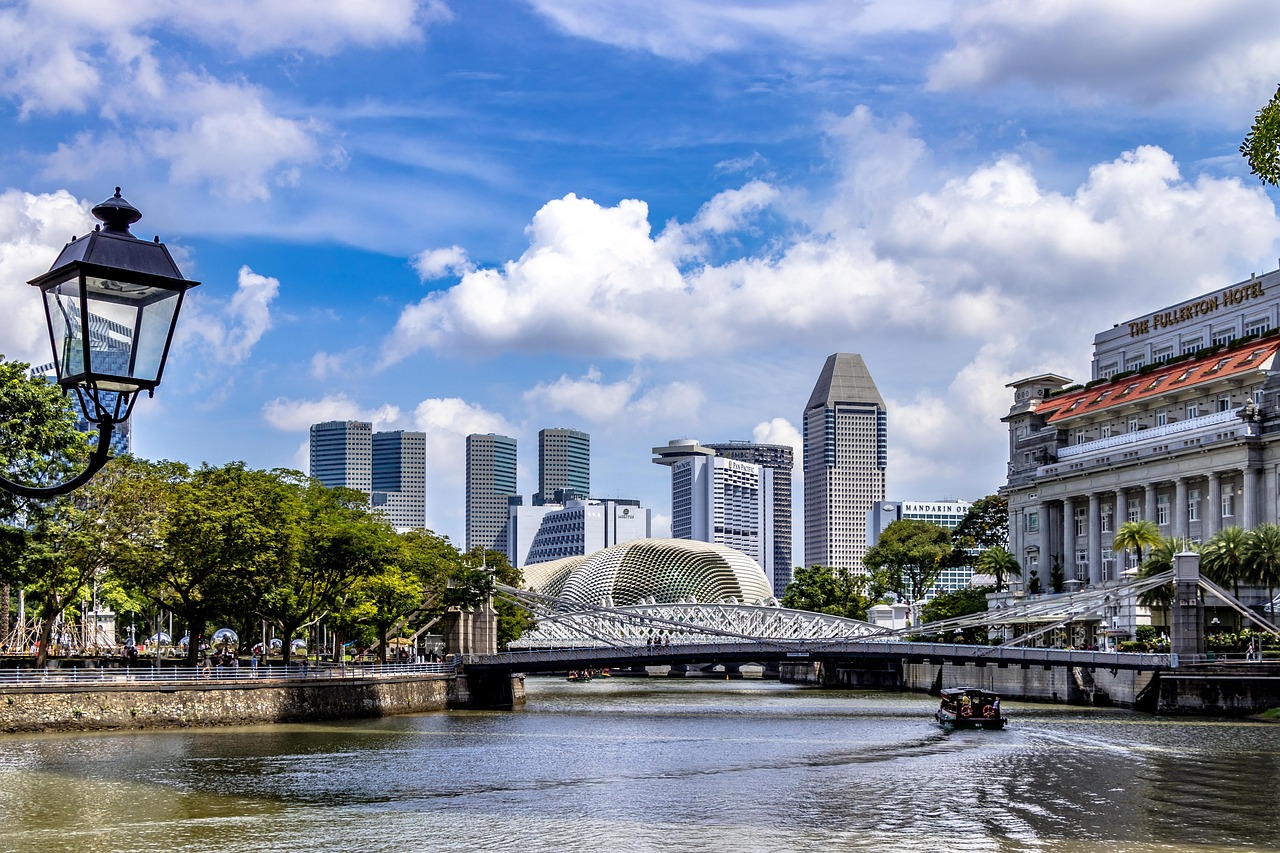地球英文翻译
污染的英文翻译是"pollution"。
"Pollution" is the English translation of "污染" in Chinese. It refers to the introduction of contaminants into the natural environment, leading to adverse effects on the ecosystem, living organisms, and human health. Pollution can occur in various forms, including air pollution, water pollution, soil pollution, noise pollution, and light pollution.
1. Air pollution (空气污染): It refers to the presence of harmful substances or pollutants in the air, such as gases, particulate matter, and biological molecules. Sources of air pollution include industrial emissions, vehicle exhaust, burning of fossil fuels, and wildfires. Air pollution can have detrimental effects on respiratory health, leading to respiratory diseases, allergies, and even premature death.
2. Water pollution (水体污染): It refers to the contamination of water bodies, such as rivers, lakes, oceans, and groundwater, by pollutants. Common sources of water pollution include industrial wastewater, agricultural runoff, improper waste disposal, and oil spills. Water pollution poses a significant threat to aquatic ecosystems, drinking water supplies, and the health of both aquatic organisms and humans.
3. Soil pollution (土壤污染): It refers to the presence of toxic chemicals or pollutants in the soil, which can adversely affect soil fertility, plant growth, and the health of living organisms. Soil pollution can result from industrial activities, improper waste disposal, overuse of chemical fertilizers and pesticides, and mining activities. Contaminated soil can lead to reduced crop yields, impaired groundwater quality, and bioaccumulation of toxins in the food chain.
4. Noise pollution (噪音污染): It refers to the excessive or unwanted sound that disrupts the environment and causes discomfort or harm to human health. Sources of noise pollution include traffic noise, industrial machinery, construction activities, and loud music. Prolonged exposure to high levels of noise can lead to hearing loss, stress, sleep disturbances, and decreased cognitive performance.
5. Light pollution (光污染): It refers to the excessive or misdirected artificial light that interferes with the natural darkness of the night sky. Light pollution can result from streetlights, building illumination, billboards, and excessive outdoor lighting. It not only obscures our view of the stars but also disrupts the sleep patterns of nocturnal animals, affects ecosystem dynamics, and has adverse effects on human health.

To address pollution challenges, it is crucial to implement sustainable practices, such as reducing emissions, promoting renewable energy sources, improving waste management systems, and raising public awareness. Additionally, governments, industries, and individuals should work together to adopt effective pollution control measures, invest in green technologies, and prioritize environmental conservation. Only through collective efforts can we mitigate pollution and create a cleaner and healthier environment for future generations.












评论